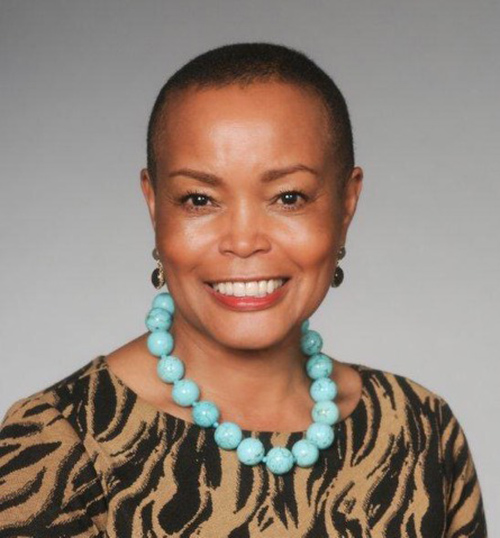Reservations are being taken online through 5 p.m. Wednesday, March 9, for the dyslexia panel discussion Friday, March 11, featuring state Sen. Joyce Elliott, D-Little Rock, on the University of Arkansas campus.
The event at the Graduate Education Building Auditorium will include a panel discussion on Act 1294, a recently passed law requiring all Arkansas school districts to screen students for dyslexia beginning at the start of the 2015-2016 school year.
The professional seminar series program is part of a professional development initiative targeting school leaders and educators, but it also open to the public. RSVP is required and may be done online. There is no cost for this event.
The educational leadership graduate program in the College of Education and Health Professions is sponsoring the event, which begins with a reception serving hors d'oeuvres and beverages starting at 5:30 p.m. in the Graduate Education Building Foyer, Room 166. The panel discussion will begin at 6:30 p.m. and be followed by a question and answer period.
The reception and panel discussion are part of a professional development series presented biannually addressing leading educational leadership and policy issues at the regional, state and national levels. The theme of the evening is a discussion of the significance of Act 1294 and ways to successfully implement this legislative mandate in Arkansas' public schools.
"Dyslexia affects approximately 1 in 5 children nationwide," said Kevin P. Brady, associate professor of educational leadership and moderator of the event. "With the passage of Act 1294 into law in 2013, Arkansas joins 18 other states that have passed some form of dyslexia legislation requiring dyslexia screening in schools. According to the Yale Center for Dyslexia & Creativity, there is currently an abundance of quality scientific research on dyslexia, but there is an 'action gap,' especially in terms of school leaders and educators appropriately trained in the dyslexia screen process. With the recent passage of Act 1294, Arkansas will be under the microscope to see whether the state's school leaders and educators can effectively implement this legislative mandate throughout the state's schools. We are extremely fortunate to have Senator Elliott, the sponsor of Act 1294, highlight the significance of this bill as well as an expert panel to discuss ways of successfully implementing the legislative mandate in our schools."
Elliott sponsored the bill in the Arkansas Legislature requiring schools to screen students in kindergarten through second grade and provide therapeutic services for students who are diagnosed with dyslexia. The law, which went into effect last fall, also requires that the Arkansas Department of Education employ at least one dyslexia specialist and ensure that at least one staff member at each education service cooperative is trained as a dyslexia specialist. These specialists are required to provide necessary information and support to school districts.
School districts also are required by the new law to hire dyslexia interventionists and to train teachers to identify indicators of dyslexia and be aware of the science behind teaching a student who is dyslexic. The law also required that teacher-preparation programs at state-supported institutions of higher education work with the Arkansas Department of Higher Education to ensure that the teacher-preparation programs include information on the identification of students at risk for dyslexia and related disorders.
Dyslexia is a neurologically based disorder that affects language development and phonological processing, which is the ability to see or hear a word, break it down into discrete sounds and then associate each sound with the letter or letters that make up the word, explained David Hanson. Hanson is a U of A clinical assistant professor of special education who is coordinating a new dyslexia therapist endorsement for teachers that is now offered by the College of Education and Health Professions.
Hanson will be a member of the panel that will discuss the issue following Elliott's remarks. Other panelists will be Vicki D. King, dyslexia specialist and dyslexia program advisor for the Arkansas Department of Education; Tom Smith, University Professor of special education and dean of the College of Education and Health Professions; and Peggy Schaefer Whitby, associate professor of special education.
Topics
Contacts
Heidi Wells, director of communications
College of Education and Health Professions
479-575-3138,
